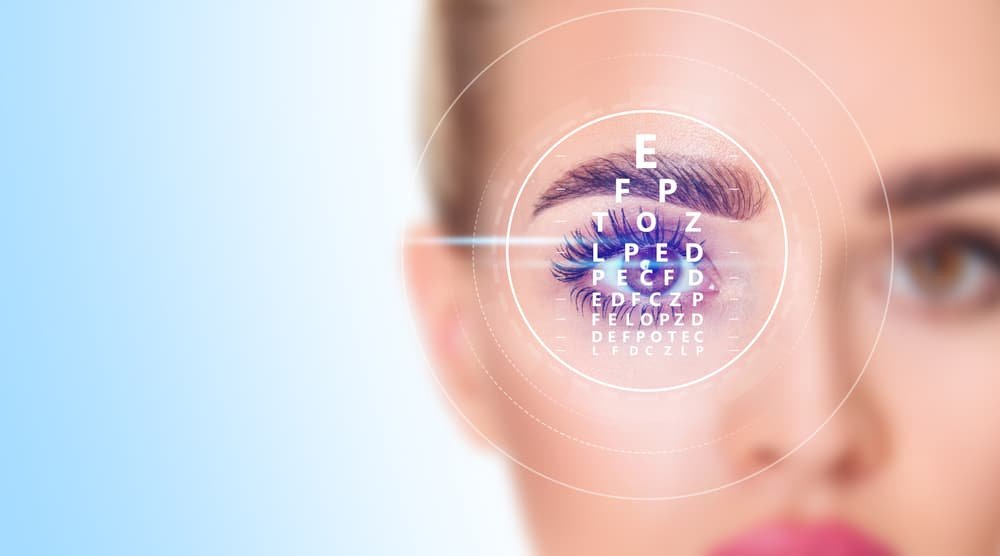Introduction
When it comes to correcting vision problems like nearsightedness, farsightedness, or astigmatism, two of the most common options are LASIK eye surgery and contact lenses. Each has unique advantages and disadvantages depending on your lifestyle, budget, and preferences.
If you’re wondering, “Should I get LASIK or wear contacts?”, this detailed comparison will help you understand the pros and cons of each so you can make an informed decision.
What Is LASIK Eye Surgery?
LASIK (Laser-Assisted In Situ Keratomileusis) is a surgical procedure that reshapes the cornea with a laser to correct refractive errors, reducing or eliminating the need for glasses or contacts. It offers a long-term solution by permanently improving vision.
What Are Contact Lenses?
Contact lenses are thin, curved lenses placed directly on the eye’s surface to correct vision. They come in various types including daily disposables, extended wear, and specialty lenses for astigmatism or presbyopia.
Pros and Cons: LASIK Eye Surgery
Pros of LASIK
- Long-lasting vision correction: Most patients achieve 20/20 vision or better without additional corrective lenses.
- Convenience: No daily maintenance or need to buy new lenses regularly.
- Quick recovery: Many experience improved vision within 24 hours and can resume normal activities rapidly.
- Cost-effective long-term: Although upfront costs are higher, no ongoing purchase of lenses or solutions is needed.
- Freedom from glasses and contacts: Ideal for active lifestyles and sports.
Cons of LASIK
- Higher upfront cost: Typically ranges from $2,000 to $3,000 per eye.
- Surgical risks: Includes dry eyes, halos, glare, or rare complications.
- Not suitable for everyone: Patients with thin corneas, certain eye diseases, or unstable prescriptions may not qualify.
- Does not prevent presbyopia: May still need reading glasses later in life.
- Possible need for enhancements: Some patients require follow-up procedures.
Pros and Cons: Contact Lenses
Pros of Contact Lenses
- Non-invasive: No surgery or recovery time needed.
- Correct wide range of vision problems: Including astigmatism and presbyopia with specialized lenses.
- Relatively low upfront cost: Contact lenses and supplies are more affordable initially.
- Easy to switch or discontinue: Change prescription or discontinue use anytime.
- Variety of options: Daily, weekly, monthly disposables, colored lenses, and more.
Cons of Contact Lenses
- Ongoing expense and maintenance: Costs for lenses, cleaning solutions, and regular replacements add up over time.
- Risk of eye infections: Improper handling can lead to serious complications.
- Daily inconvenience: Cleaning, inserting, and removing lenses requires time and care.
- Discomfort for some wearers: Dryness, irritation, or intolerance can occur.
- Vision depends on proper lens fit: Poor fit can cause blurry vision or discomfort.
Lifestyle Considerations: Which Is Better for You?
Active Lifestyle and Sports
- LASIK is often preferred by athletes or those with active lifestyles because it eliminates the hassle and risk of losing or damaging contacts.
- Contacts can be worn during activities but require careful management to avoid irritation or loss.
Budget and Cost
- Contacts have lower initial costs but ongoing expenses can add up over years.
- LASIK is a larger upfront investment but can be more cost-effective over time.
Comfort and Convenience
- LASIK provides hassle-free vision without daily maintenance.
- Contacts need regular cleaning and can cause discomfort for some users.
Eye Health
- Some individuals with dry eyes, allergies, or certain medical conditions may find LASIK or contacts more or less suitable depending on their specific health factors.
Final Thoughts: Making Your Decision
Choosing between LASIK and contact lenses depends on your personal needs, budget, and comfort level with surgery. If you seek a permanent solution and want freedom from daily lens care, LASIK may be the better option. If you prefer a non-surgical, flexible approach or have contraindications for surgery, contact lenses remain a reliable choice.
Consulting with an experienced eye care professional is essential. They can evaluate your eye health, lifestyle, and preferences to recommend the best vision correction plan tailored for you.




